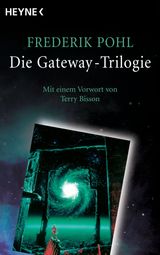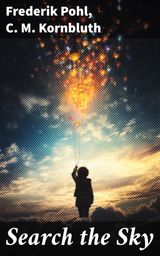
The Marching Morons
Por Cyril M. Kornbluth, Frederik Pohl

| Formato: | EPUB |
| Disponibilidad: | Descarga inmediata |
Sinopsis
The anthology 'The Marching Morons' assembles a striking array of speculative narratives that ponder the future of humanity through incisive satire and bold imagination. Within these pages, readers can expect a rollercoaster of tone and style, capturing both the absurd and the profound. The collection transcends typical science fiction tropes, offering tales that challenge perceptions, dissect societal norms, and predict the consequences of human folly. As a cornerstone of the mid-20th century science fiction canon, the anthology is emblematic of the dynamic and transformative period it originated from, where writers were unafraid to push boundaries and address pressing societal concerns. Contributors Frederik Pohl and Cyril M. Kornbluth, luminaries of the genre, bring their expansive imaginations and incisive critiques to the forefront. Both authors emerged from the era's protopunk movement, known as the Futurians, which was instrumental in shaping science fiction into a socially reflective genre. They draw on a rich tapestry of influences, ranging from technological optimism to cautionary dystopianism, their works serving as cultural barometers of the Cold War era's anxieties and aspirations. This compendium provides readers with unique insights into the collective psyche of an age grappling with rapid technological and social change. 'By engaging with 'The Marching Morons,' readers embark on an intellectual journey guided by the vivid and varied voices of its authors. The anthology presents a rare opportunity to explore a vast array of perspectives, each offering a distinct yet interconnected dialogue on human nature and society'Äôs trajectory. It stands as an invaluable resource for those seeking to understand mid-century speculative fiction's complexities, teaching lessons that remain fiercely relevant today. This collection is recommended to anyone eager to challenge their understanding of the genre and its capacity for critique and enlightenment."
Frederik Pohl
Datos del libro
- Editorial:
- Good Press
- ISBN:
- 8596547776840
- Idioma:
- Inglés
- Tamaño:
- Kb
- Publicado:
- Enero 1, 2023
- Protección:
- DRM










